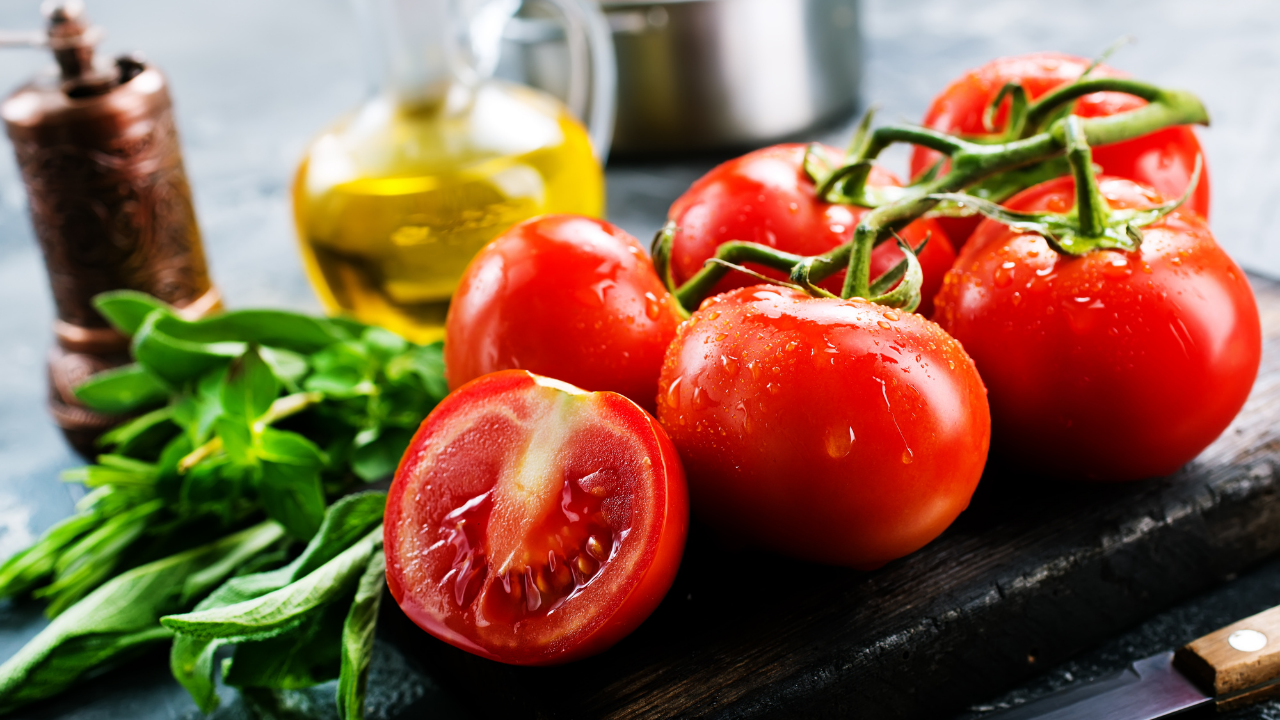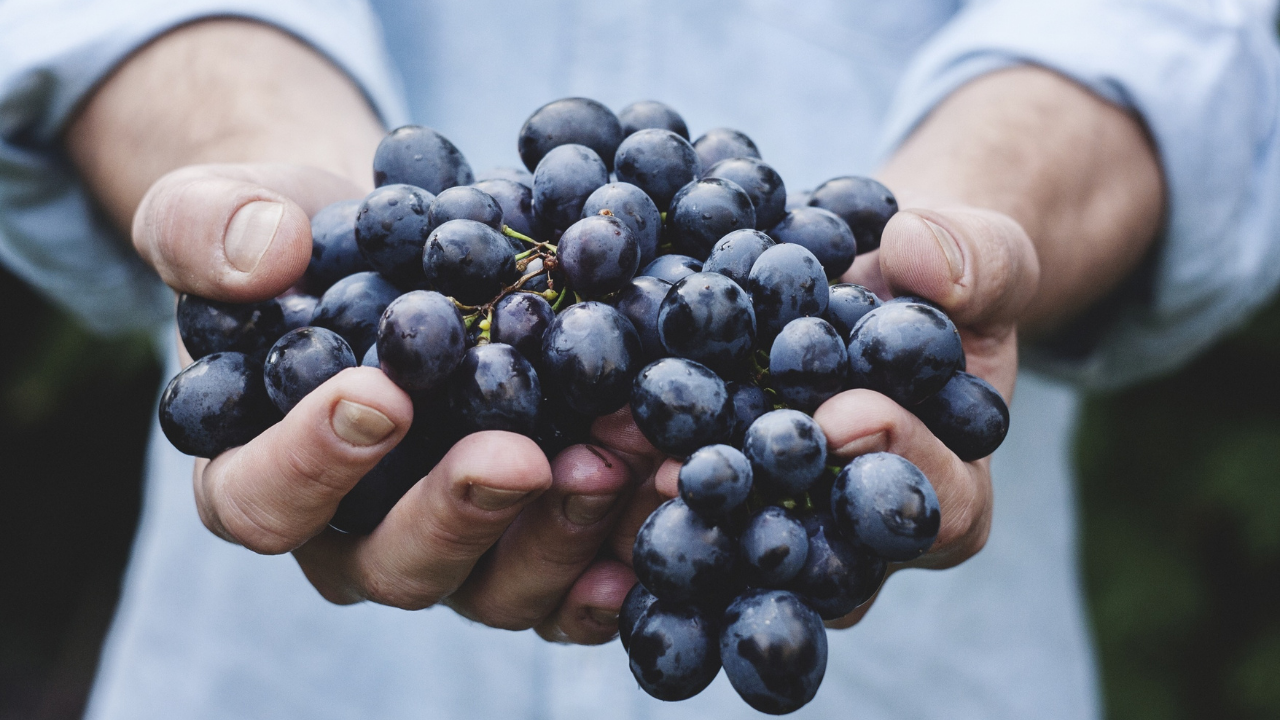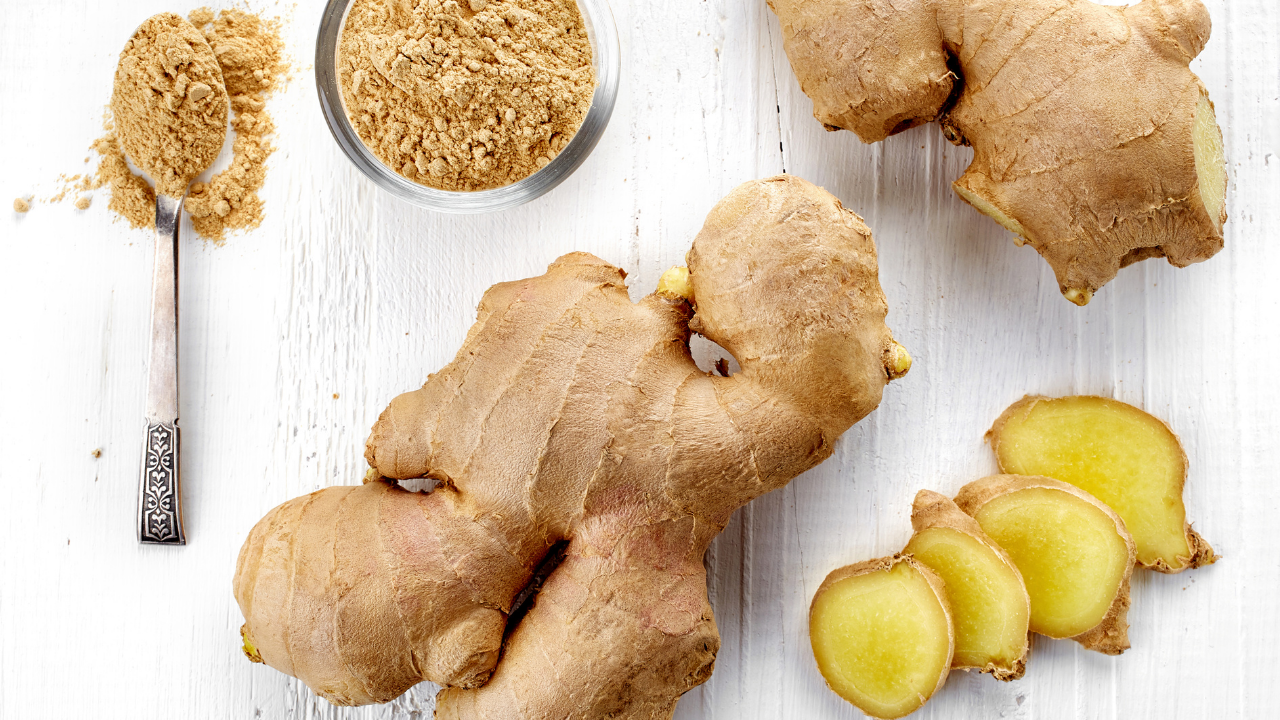|
Lemon contains vitamin C and alkalizes the body making it an inhospitable environment where cancer cells cannot survive. Lemon also contains hesperidin, which has been said to fight cancer by starving it. That means lemons cut off the blood supply to cancerous tumors. Water that has been infused with lemon helps to flush out the liver; this can be extremely helpful during a period of chemo treatment as the burden of the drugs taxes the liver.
There are a considerable amount of studies showing the health effects of citrus and the reduction of cancer risk and tumor growth. One study showed that bladder tumor growth was remarkably inhibited by lemon.[i] Studies included in a meta-analysis also an inverse association between citrus fruit intake and oral cancer. People with the highest citrus fruit intake had a 50 percent reduction in their risk of oral cavity and pharyngeal cancer.[ii] And this study showed the role of pomegranate with citrus fruit juices for colon cancer prevention.[iii] Another group of researchers showed that citrus intake may significantly reduce risk of esophageal cancer.[iv] Lemon Is Especially Good For . . .
Doctrine of Signatures: Lemons resemble the mammary tissue of the female breast, therefore it is said to assist with the health of breasts and keeping lymphatic fluid flowing. Suggested “dosage”:
Caution: Lemon can erode tooth enamel, so be sure to rinse your mouth out after drinking it. Cancer-Free with Food Recipes with Lemon
Other Ways to Incorporate Lemon in Your Cancer-Healing Kitchen
Resources from the Cancer Free with Food Book: [i] T. Fang, D.D. Liu, H.M. Ning, et al. “Modified citrus pectin inhibited bladder tumor growth through downregulation of galectin-3,” Acta Pharmacologia Sinica, epub ahead of print May 16, 2018, https://www.ncbi.nlm.nih.gov/pubmed/29769742. [ii] S. Cirmi, M. Navarra, J.V. Woodside, et al. “Citrus Fruits Intake and Oral Cancer Risk: A Systematic Review and Meta-analysis,” Pharmacological Research, vol. 133 (May 2018), pp. 187–94, https://www.ncbi.nlm.nih.gov/pubmed/29753688. [iii] S.K. Jaganathan, M.V. Vellayappan, G. Narasimhan, et al. “Role of Pomegranate and Citrus Fruit Juices in Colon Cancer Prevention,” World Journal of Gastroenterology, vol. 20, no. 16 (April 2014), pp. 4618–25, https://www.ncbi.nlm.nih.gov/pubmed/24782614. [iv] A. Wang, C. Zhu, L. Fu, et al. “Citrus Fruit Intake Substantially Reduces the Risk of Esophageal Cancer: A Meta-Analysis of Epidemiologic Studies,” Medicine, vol. 94, no. 39 (September 2015), p. e1390, https://www.ncbi.nlm.nih.gov/pubmed/26426606.
1 Comment
Tomatoes are packed with lycopene, a powerful antioxidant that reduces risk of skin cancer, breast cancer, and prostate cancer.[i] Men with prostate cancer who were surveyed reported eating less tomatoes than men who did not have prostate cancer.[ii] Most fruits with red flesh actually contain lycopene for example watermelon and pink grapefruit. Tomatoes are also high in vitamin C, which assists in boosting the immune system. They also have an impressive amount of vitamins A, K, and B6, thiamin, and folate.
In a study, tomato extracts were investigated for their ability to induce cell death in human cancer cells and normal cells. This is an important measure because cancer cells “forget” to die. The extracts strongly inhibited the perpetuation of human cancer cell lines that normally take up residence in the breast, colon, stomach, and liver.[iii] Tomatoes are especially good for: · Leukemia · Prostate cancer[iv] · Breast cancer · Lung cancer · Colon cancer · Liver cancer · Skin cancer Doctrine of Signatures: The tomato cut in half resembles an almost exact replica of the human heart chamber, therefore it is said to be good for heart health and for promoting the circulation of blood throughout the body. It may be helpful for treating blood-related cancers, like leukemia. Suggested “dosage”:
Caution: Tomatoes can sometimes irritate the mouth (particularly if you have canker sores or a wound) because of their acidity. Cancer-Free with Food Recipes with Tomatoes
Other Ways of Incorporating Tomatoes in Your Cancer-Healing Kitchen Cooking tomatoes boosts their powerful medicinal properties. According to dietician Lindsay Wohlford, “Processing the tomato ups its health-boosting power. This releases the lycopene, so it can be more easily absorbed by the body.”[v]
Resources from Cancer-Free with Food book: [i] “Prostate Cancer, Nutrition, and Dietary Supplements (PDQ®)–Health Professional Version,” National Cancer Institute (accessed July 1, 2018), http://www.cancer.gov/about-cancer/treatment/cam/hp/prostate-supplements-pdq. [ii] V. Er, J.A. Lane, R.M. Martin, et al. “Adherence to Dietary and Lifestyle Recommendations and Prostate Cancer Risk in the Prostate Testing for Cancer and Treatment (ProtecT) Trial,” Cancer Epidemiology, Biomarkers and Prevention, vol. 23, no. 10 (October 2014), pp. 2066–77, https://www.ncbi.nlm.nih.gov/pubmed/25017249. [iii] M. Friedman, C.E. Levin, H.J. Kim, et al. “Tomatine-containing Green Tomato Extracts Inhibit Growth of Human Breast, Colon, Liver, and Stomach Cancer Cells,” Journal of Agricultural and Food Chemistry, vol. 57, no. 13 (July 2009), pp. 5727–33, https://www.ncbi.nlm.nih.gov/pubmed/19514731. [iv] V. Er, J.A. Lane, R.M. Martin, et al. [v] “Five Foods That May Help Lower Your Cancer Risk” MD Anderson Cancer Center. Grapes, especially red ones, are a rich source of the antioxidant resveratrol. Studies show that resveratrol has the potential to possibly stop cancer from starting in the breast, liver, stomach, and lymphatic system.[i] And, “The grape’s skin has the most resveratrol, so leave the skin intact,” advises Lindsey Wohlford, a wellness dietitian at MD Anderson Cancer Center.[ii]
Grapes Are Especially Good For . . . Doctrine of Signatures: Grapes represent the reproductive system and therefore said to be especially good for breast cancer, ovarian cancer and prostate cancer. Suggested “dosage”:
The Cancer-Free with Food recipe with Grapes
Other Ways to Incorporate Grapes in Your Cancer-Healing Kitchen
Fun fact: Red and purple grapes have significantly more resveratrol than green grapes. Resources from Cancer-Free with Food book: [i] M. Kaur, C. Agarwal, and R. Agarwal. “Anticancer and Cancer Chemopreventive Potential of Grape Seed Extract and Other Grape-based Products,” Journal of Nutrition, vol. 139, no. 9 (September 2009, pp. 1806S–12S, https://www.ncbi.nlm.nih.gov/pmc/articles/PMC2728696. [ii] “Five Foods That May Help Lower Your Cancer Risk” MD Anderson Cancer Center. [iii] A.J. Braakhuis, P. Campion, and K.S. Bishop. “Reducing Breast Cancer Recurrence: The Role of Dietary Polyphenolics,” Nutrients, vol. 8, no. 9 (September 2016), p. ii: E547, https://www.ncbi.nlm.nih.gov/pubmed/27608040 [iv] S.R. Lee, H. Jin, W.T. Kim, et al. “Tristetraprolin Activation by Resveratrol Inhibits the Proliferation and Metastasis of Colorectal Cancer Cells,” International Journal of Oncology, epub ahead of print (June 25, 2018), pp. https://www.ncbi.nlm.nih.gov/pubmed/29956753. [v] J.R. Heo, S.M. Kim, K.A Hwang, et al. “Resveratrol Induced Reactive Oxygen Species and Endoplasmic Reticulum Stress‑mediated Apoptosis, and Cell Cycle Arrest in the A375SM Malignant Melanoma Cell Line,” International Journal of Molecular Medicine, epub ahead of print (June 25, 2018), https://www.ncbi.nlm.nih.gov/pubmed/29916532. Ginger root contains gingerol, a natural chemical that kills and starves cancer cells. It also aids the body in detoxification, by helping drain the lymphatic system and boosting the function of the digestive tract. Raw ginger is composed of 79 percent water and contains vitamin B6 and the essential dietary minerals magnesium and manganese.
Ginger Root Is Especially Good For . . .
Doctrine of Signatures: Ginger resembles strong hands, fingers, toes and digestive system and is therefore said to be helpful to strengthen those ailments. Suggested “dosage”:
Caution: If you are taking powdered ginger, Andrew Weil, M.D., suggests not taking more than four grams per day.[v] Caution: If you have cancer and you are planning to undergo surgery, Memorial Sloan-Kettering Cancer Center advises that you avoid ginger for two weeks dues to its blood-thinning effects.[vi] Cancer-Free with Food Recipes with Ginger Root
Other Ways to Incorporate Ginger Root in Your Cancer-Healing Kitchen
Resources from Cancer-Free with Food book: [i] A.A. Tahir, N.F. Sani, N.A. Murad, et al. “Combined Ginger Extract and Gelam Honey Modulate Ras/ERK and PI3K/AKT Pathway Genes in Colon Cancer HT29 Cells,” Nutrition Journal, vol. 14 (April 1, 2015), p. 31, https://www.ncbi.nlm.nih.gov/pubmed/25889965. [ii] S. Prasad and A.K. Tyagi. “Ginger and Its Constituents: Role in Prevention and Treatment of Gastrointestinal Cancer,” Gastroenterology Research and Practice, epub March 2015, https://www.ncbi.nlm.nih.gov/pubmed/25838819. [iii] S. Paramee, S. Sookkhee, C. Sakonwasun, et al. “Anti-cancer Effects of Kaempferia parviflora on Ovarian Cancer SKOV3 Cells,” BMC Complementary and Alternative Medicine, vol. 18, no. 1 (June 2018), p. 178, https://www.ncbi.nlm.nih.gov/pubmed/29891015. [iv] A. Saha, J. Blando, E. Silver, et al. “6-Shogaol from dried ginger inhibits growth of prostate cancer cells both in vitro and in vivo through inhibition of STAT3 and NF-κB signaling,” Cancer Prevention Research, vol. 7, no. 6 (June 2014), p. 627-38, https://www.ncbi.nlm.nih.gov/pubmed/24691500 [v] Andrew Weil. “Ginger,” Dr. Weil blog (accessed July 4, 2018), https://www.drweil.com/vitamins-supplements-herbs/herbs/ginger. [vi] “Ginger,” Memorial Sloan-Kettering Cancer Center blog (accessed July 4, 2018), https://www.mskcc.org/cancer-care/integrative-medicine/herbs/ginger |
by liana werner-grayHi. I am a Health researcher bringing you honest information about cancer healing treatments and foods that kill (and cause) cancer! I love diving into the scientific studies that show this research. Archives
December 2021
Categories |




 RSS Feed
RSS Feed
